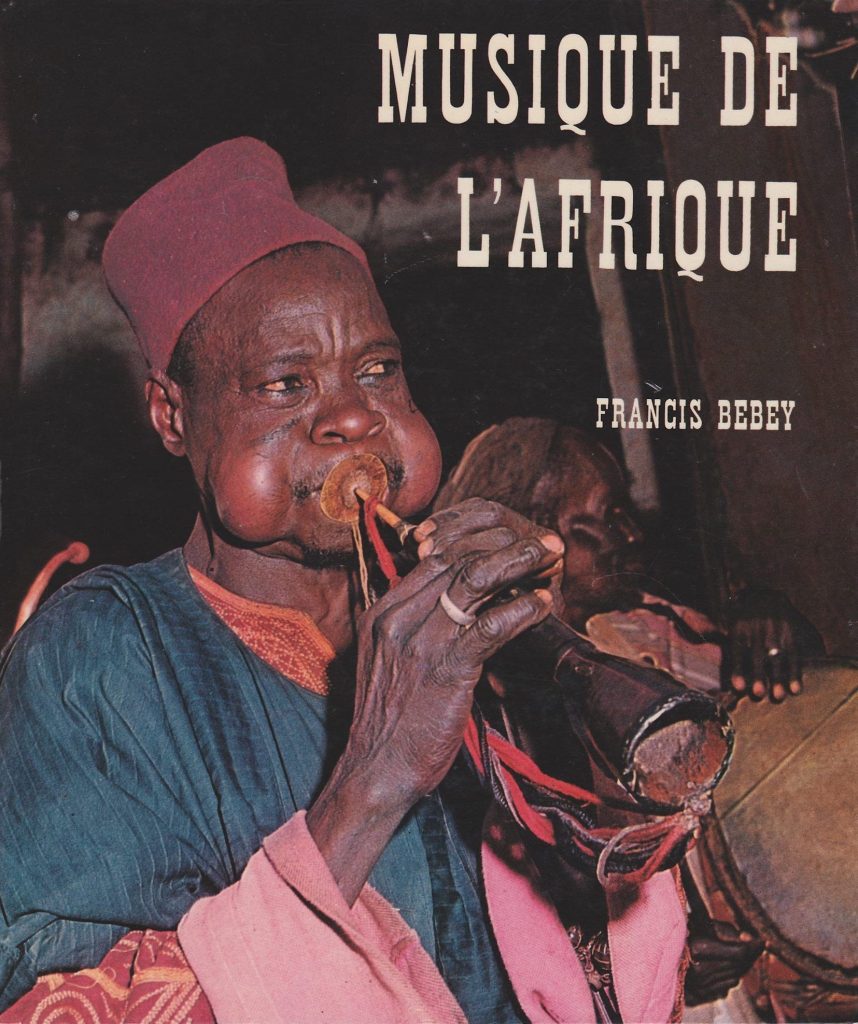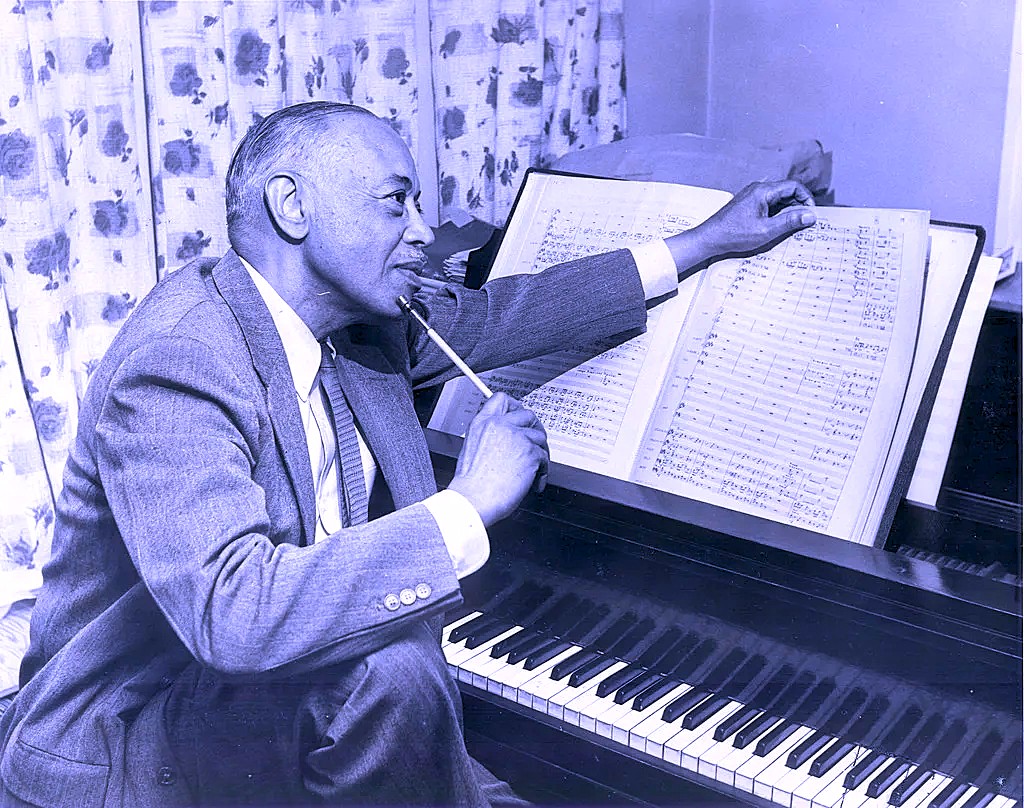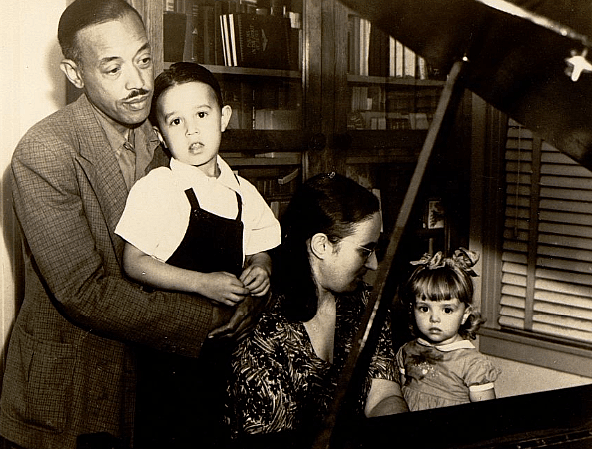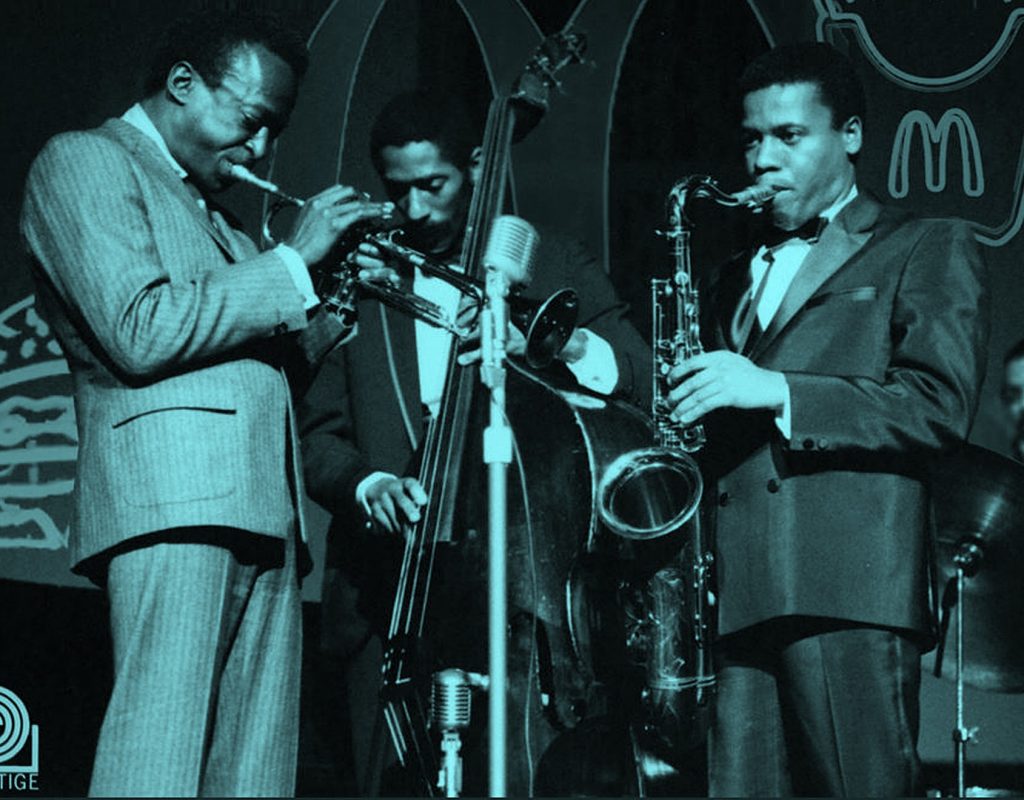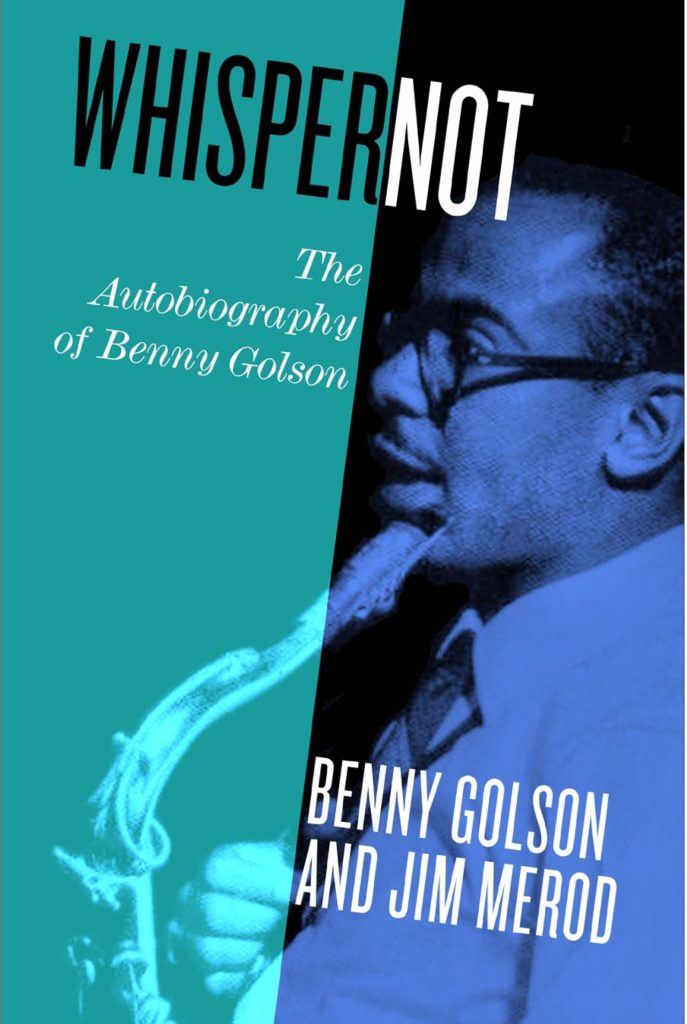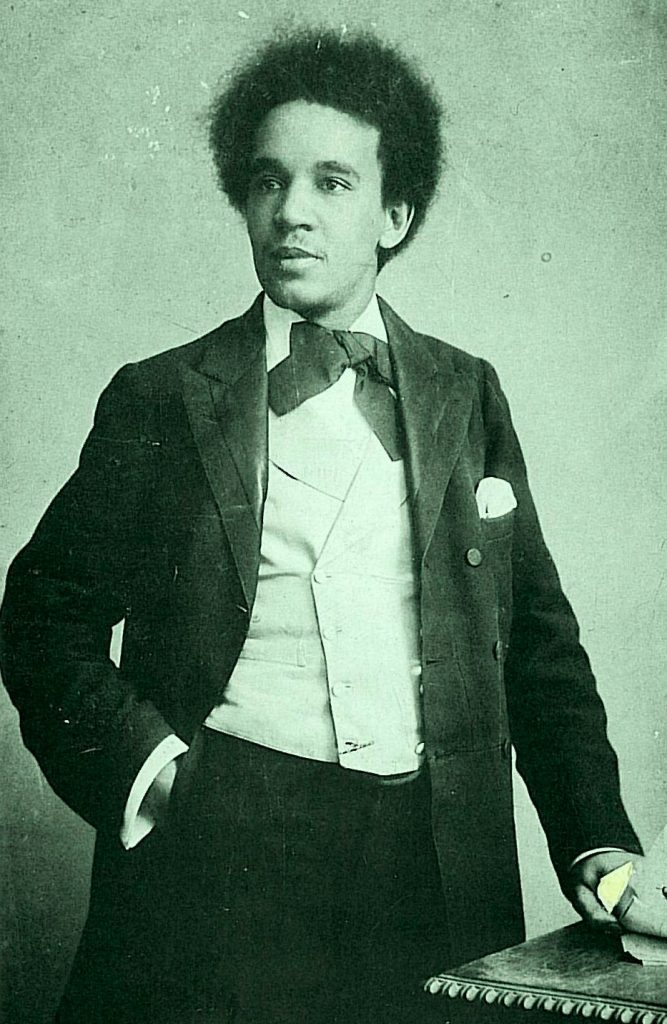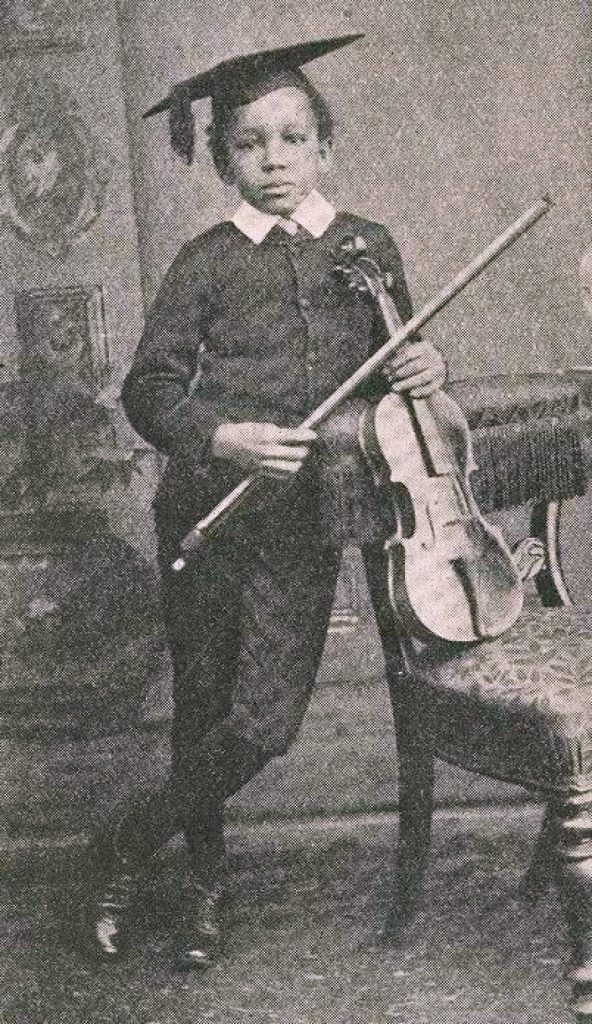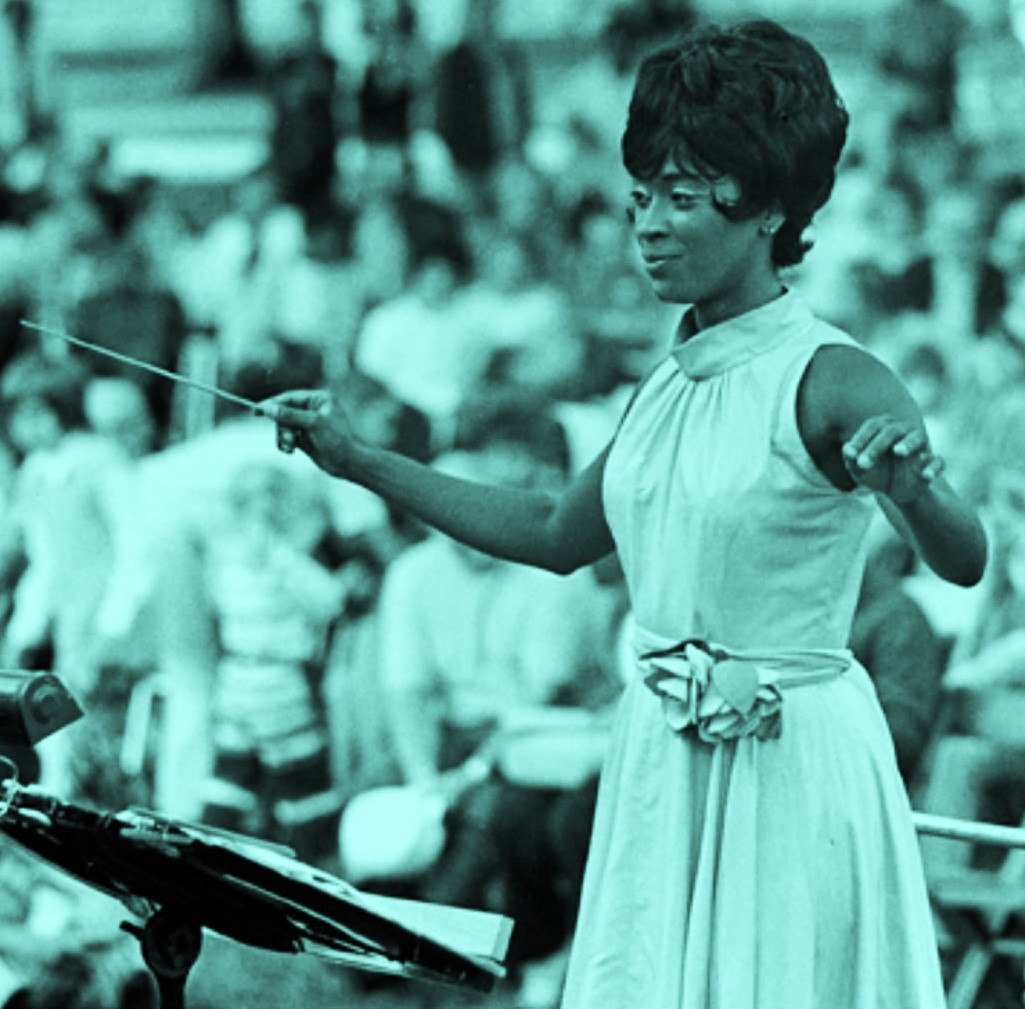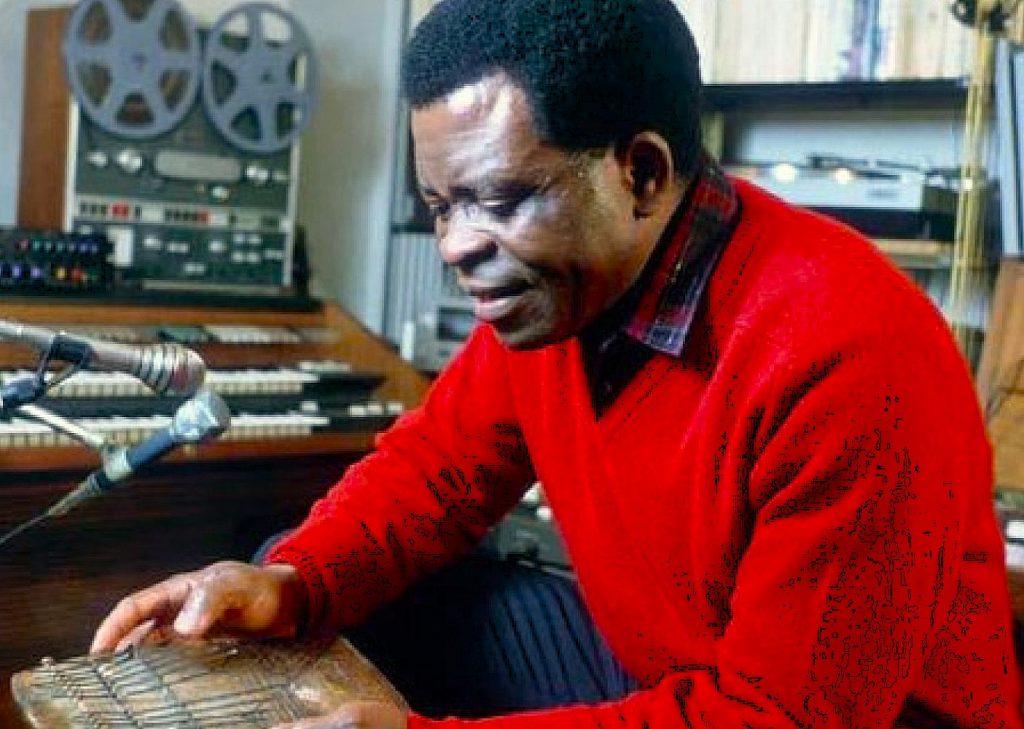
The Cameroonian composer, writer, sculptor, and musicologist Francis Bebey was widely recognized as one of Africa’s foremost songwriters. His talent, however, reached far beyond music. Bebey earned a B.S. in mathematics from a college in Douala and later pursued further education at the Sorbonne in Paris, where he was deeply influenced by classical guitarist Andrés Segovia. He studied broadcasting at the Studio-école de la Radiodiffusion Outre-Mer in Paris and at New York University. Although known mostly for his literary work, Bebey was also an accomplished classical guitarist and composer. His musical journey began in his youth with a band in Cameroon, where he composed original music noted for its poetic lyrics and emotive vocal delivery. By 1967, he had recorded several pieces and performed in major cultural hubs, including New York City, Paris, and across Africa. His style was notably experimental, blending elements of Latin American, Western, and African musical traditions with rolling synthesizer patterns looped over drum machines. Among his most acclaimed recordings are Akwaaba (1985), Amaya (1987), and Dibiye (1998).

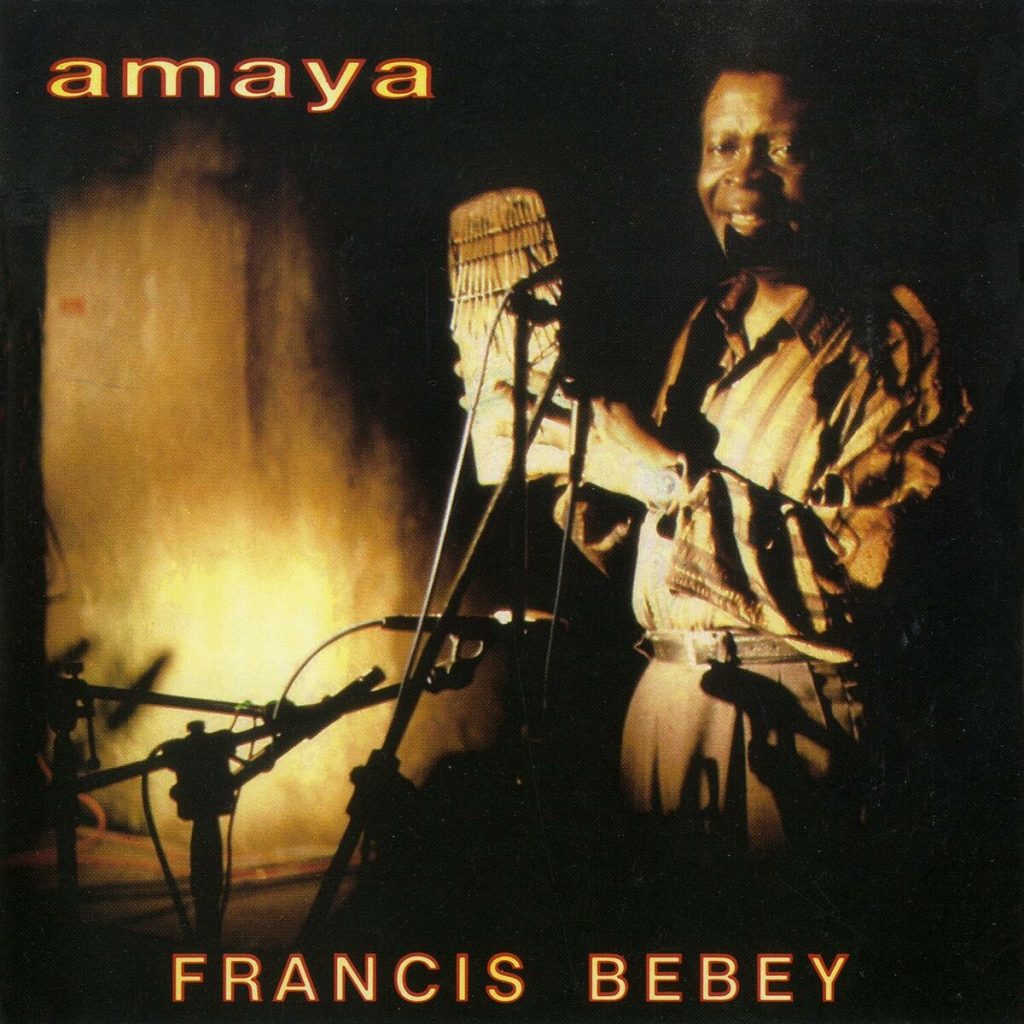
Francis Bebey toured extensively across the United States, Canada, Europe, and Africa, offering solo recitals and lecture concerts. His repertoire was a blend of African folk songs and original compositions, often rooted in traditional African musical elements. Among his most acclaimed works are The Ashanti doll is sleeping (1967), Black tears (1963)–a wordless poem dedicated to the participants of the March on Washington, D.C.–The Poet’s virile prayer (1973), which features text by Aimé Césaire, and Concert for an old mask (1965).
Bebey was also a distinguished literary figure, leaving behind a diverse body of work that includes poetry, short stories, novels, and essays. His first novel, Le fils d’Agatha Moudio (Agatha Moudio’s son, 1971), published in 1967, was widely acclaimed as a masterful work of burlesque and was awarded the Grand Prix Littéraire de l’Afrique Noire. In 1968, he released Embarras et cie: Nouvelles et poèmes, a collection of nine short stories, each paired with a poem. Bebey noted that his extensive experience as a radio broadcaster significantly shaped his storytelling style, which he wrote with listeners, rather than readers, in mind. His later literary works include La poupée Ashanti (1973, The Ashanti doll) and Le roi Albert d’Effidi (1973). Bebey also contributed a book on broadcasting in Africa and two important texts on African music, most notably Musique de l’Afrique (1969). By 1972, he had joined UNESCO in Paris as the head of the music department, where he continued to champion African music traditions–traveling extensively, primarily in Africa, studying, recording, and filming musicians across the continent. In a 1982 interview, Bebey explained, “What I’m aiming to do is to use Western technology to invigorate African music and spread its message internationally.”
This according to the entry on Francis Bebey by Eileen Southern in the Biographical dictionary of Afro-American and African musicians (1982). Find it in RILM Music Encyclopedias.
